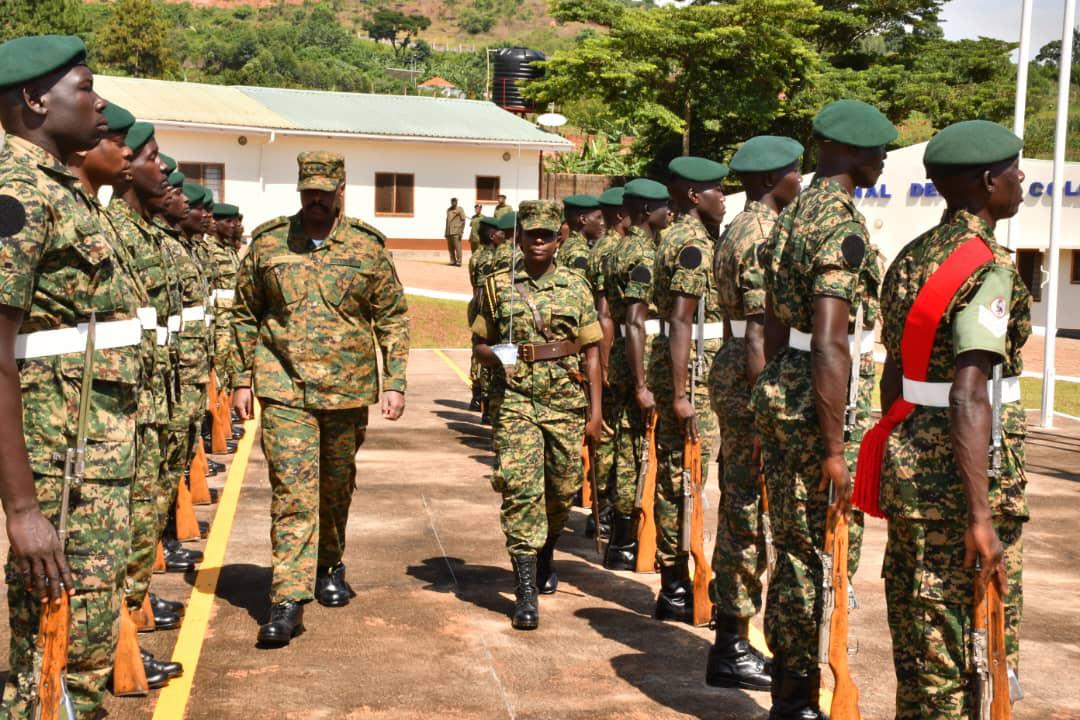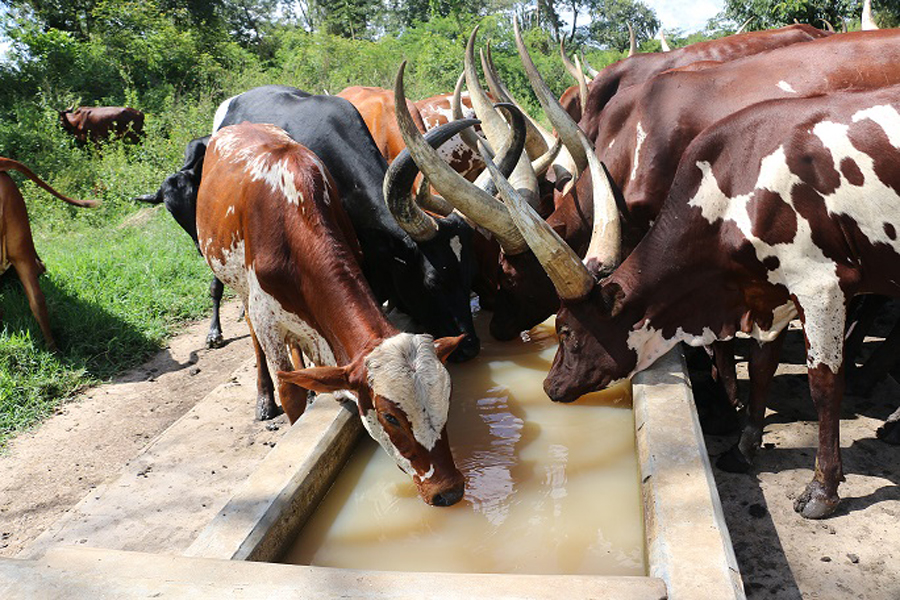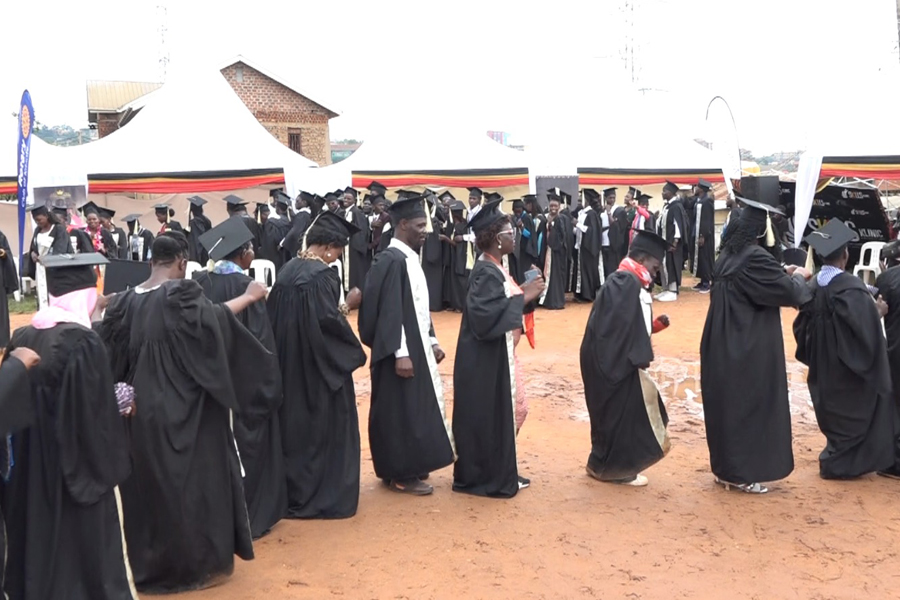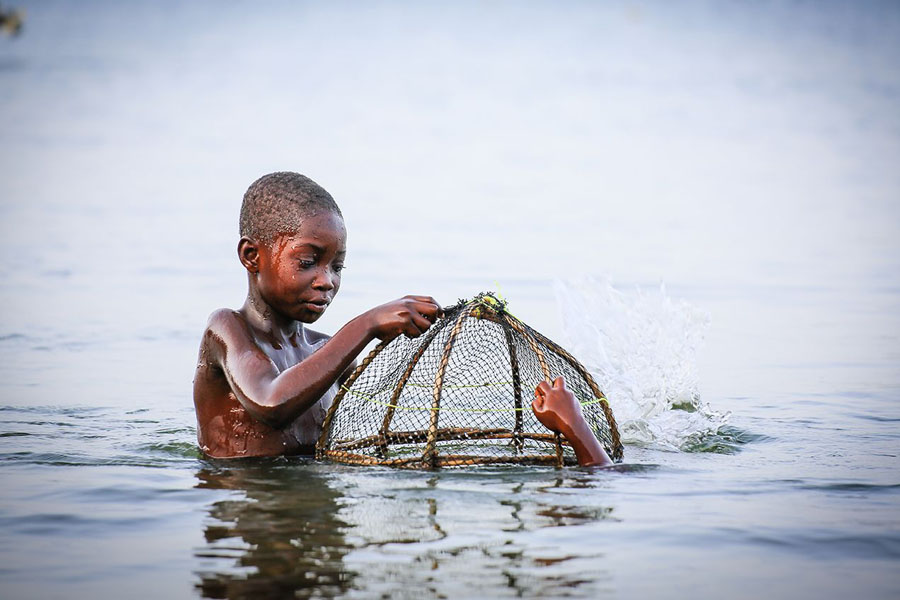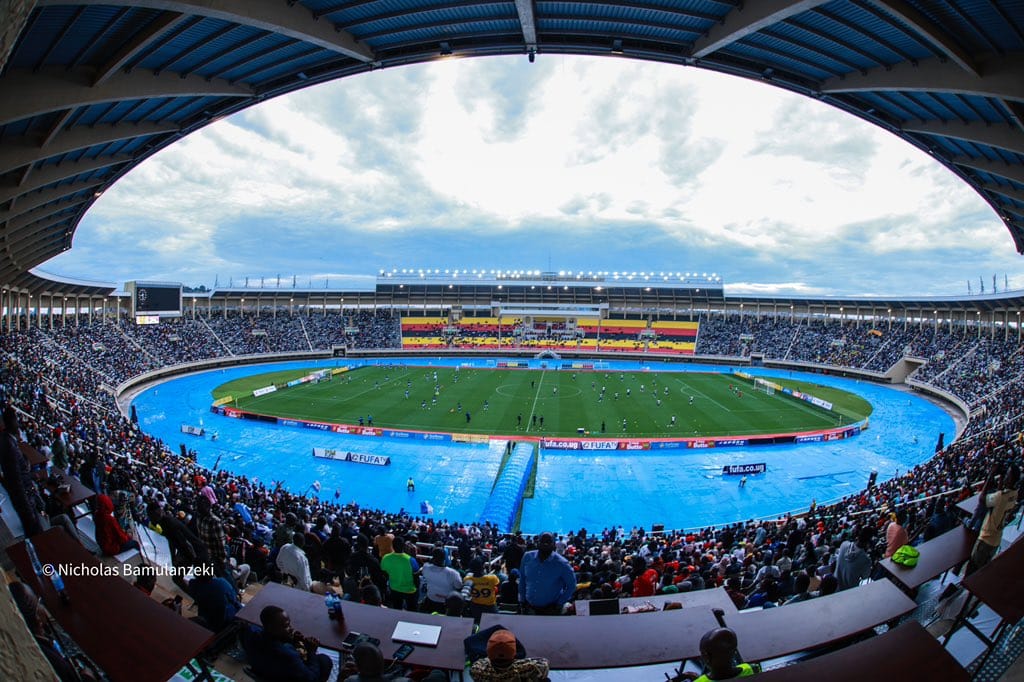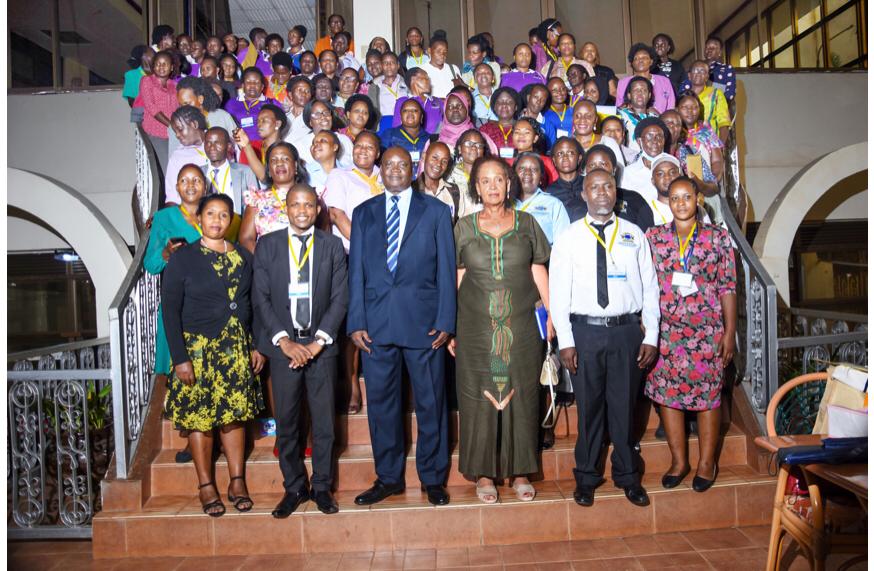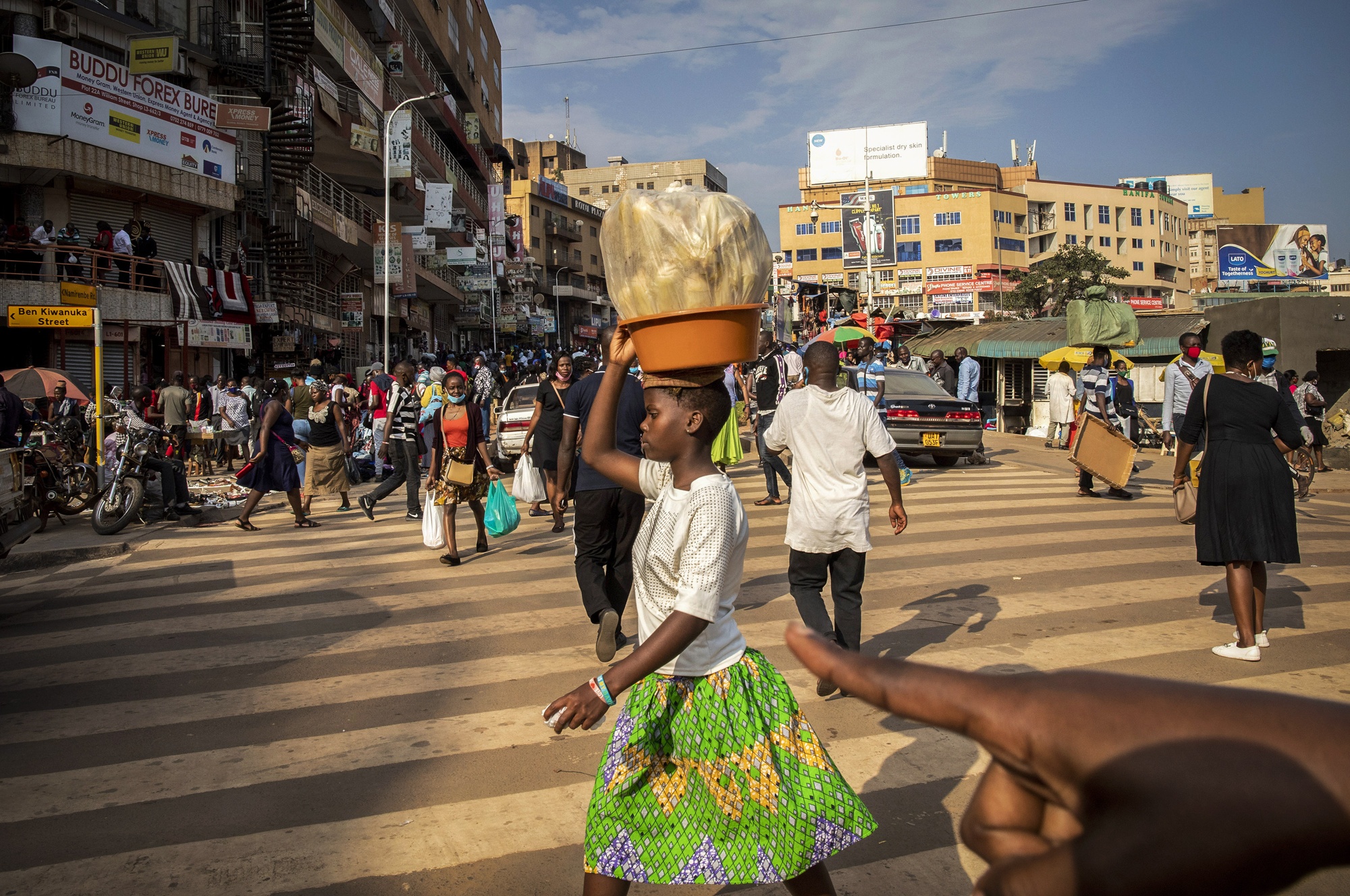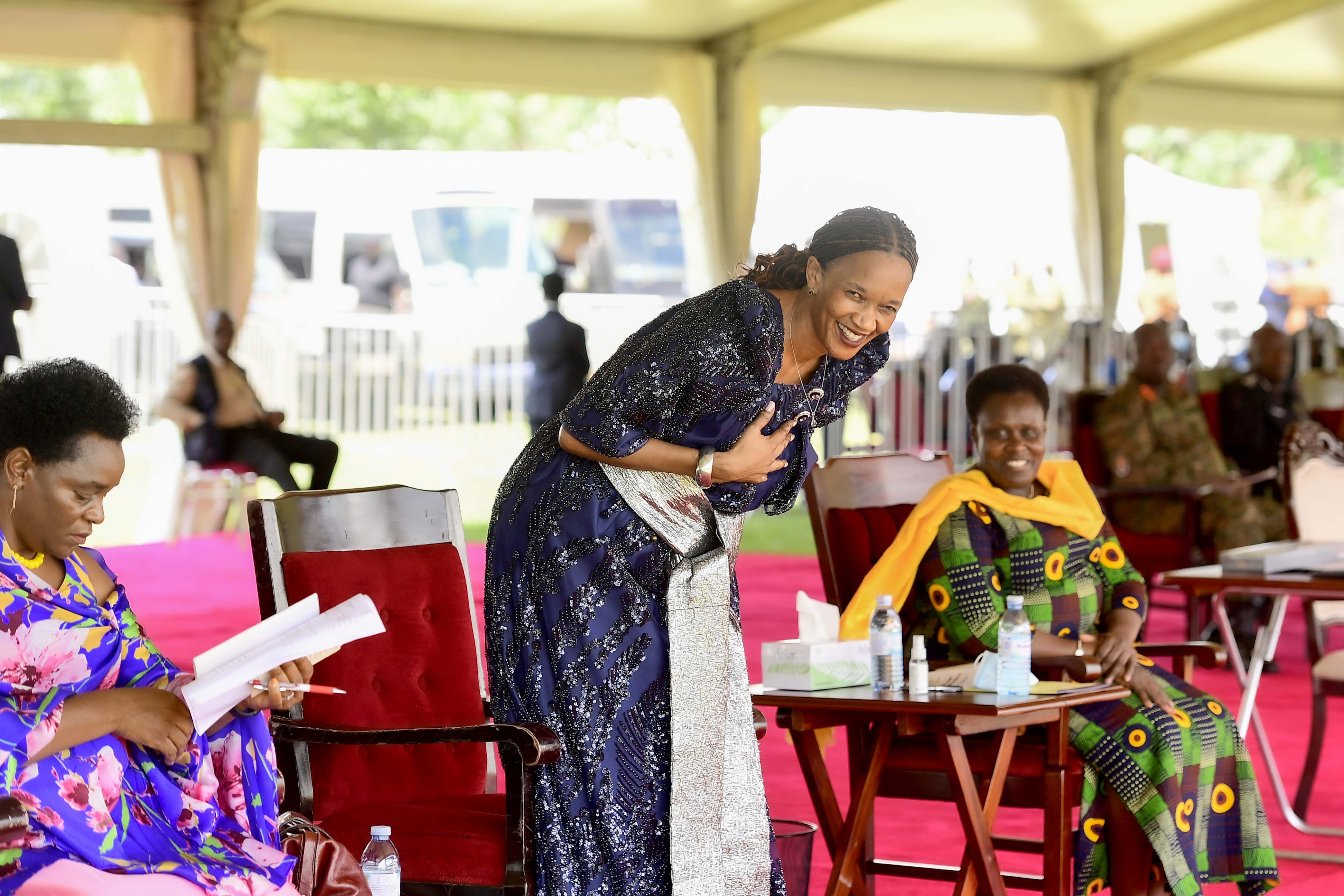Poor quality education in refugee camps in Uganda
By Hadijah Mutesi
Refugee children in Uganda are facing a number of challenges in accessing education, including lack of funding, overcrowding, lack of qualified teachers, and lack of resources. As a result, the quality of education in refugee camps in Uganda is often poor.
Only 60% of children in refugee camps in Uganda attend primary school, and only 30% attend secondary school. This is significantly lower than the global average of 91% and 84%, respectively.
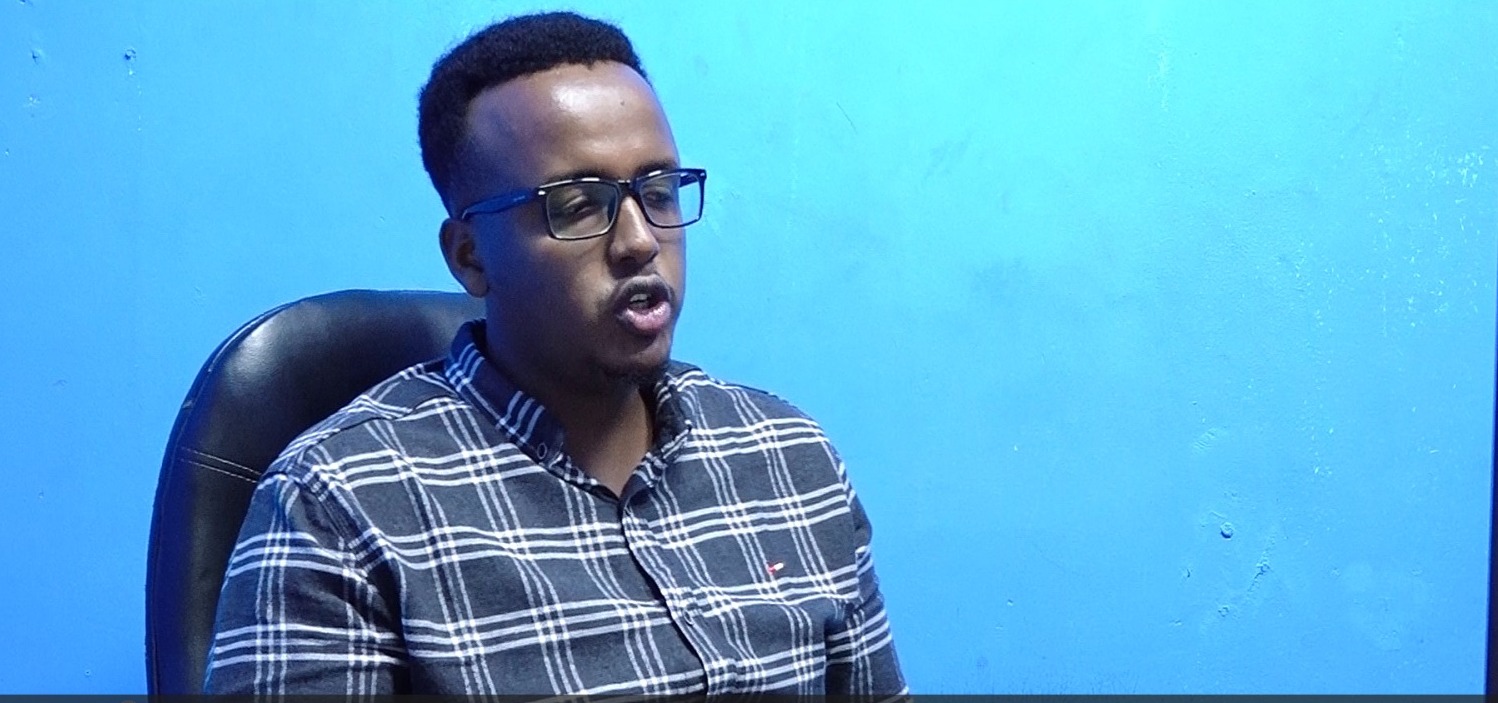 Ahemd AbdulRahman Urban refugee who owns a language school
Ahemd AbdulRahman Urban refugee who owns a language school
Ahmed Abdulrahman one of the Urban refugees started up a school to specifically teach refugee students language and computer skills to help them blend in the society. Trauma: Many refugee children in Uganda have experienced trauma, such as violence, war, or the death of loved ones. This can make it difficult for them to focus on their studies and learn new information.
Economic hardship: Many refugee families in Uganda live in poverty. This can make it difficult for them to afford the costs of sending their children to school, such as school fees and uniforms. This came about after him realizing that it’s a big challenge.
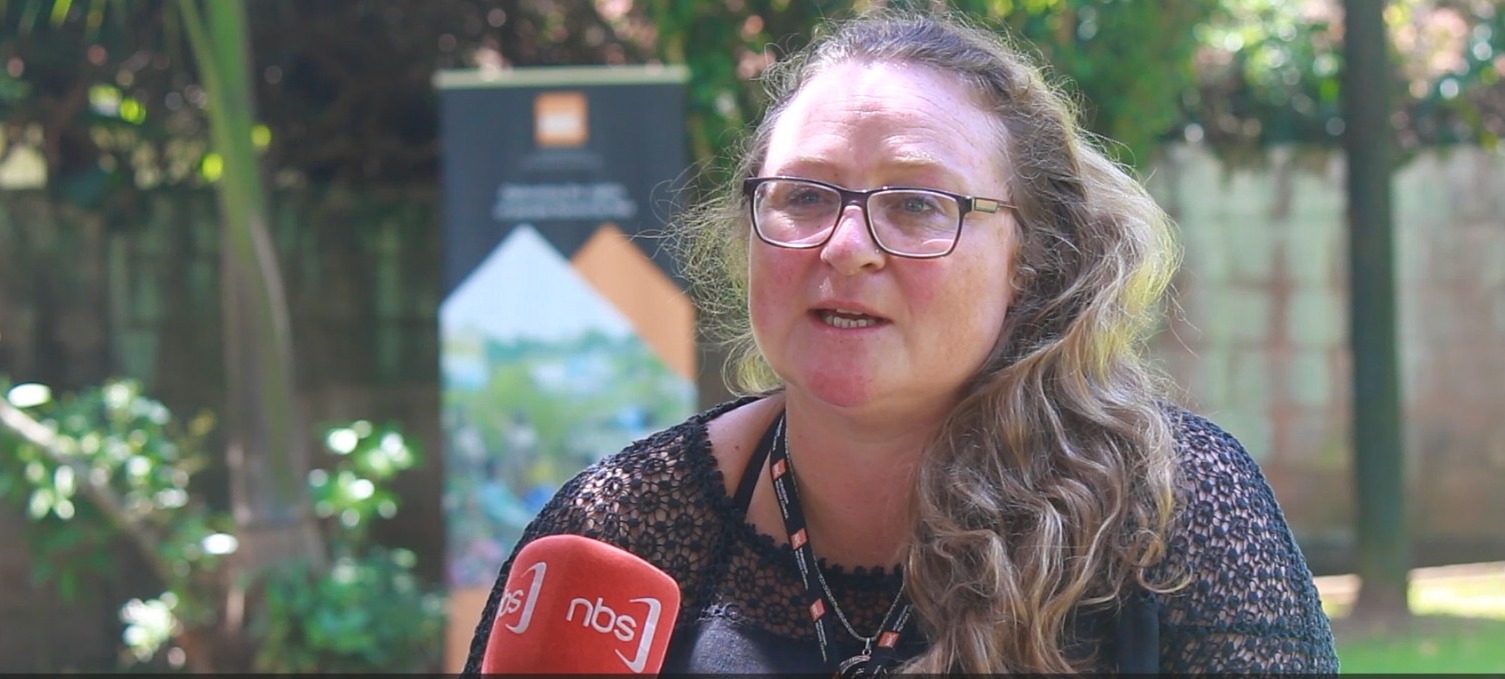 Norwegian Refugee Council Country Director Laura Marshall
Norwegian Refugee Council Country Director Laura Marshall
The Norwegian Refugee council country Director, says that the root cause of this is because of;
Lack of funding: Refugee camps in Uganda are often underfunded, which means that there is not enough money to provide adequate education for all children.
Overcrowding: Refugee camps in Uganda are often overcrowded, which makes it difficult to provide individual attention to students.
Lack of qualified teachers: There is a shortage of qualified teachers in many refugee camps in Uganda. This means that many teachers are not trained in how to teach children who have experienced trauma or who are learning a new language.
Lack of resources: Refugee camps in Uganda often lack the resources that are necessary for a high-quality education, such as textbooks, computers, and other learning materials.
The poor quality of education in refugee camps in Uganda has a number of negative consequences for children. These include:
Lower academic achievement: Children who do not receive a quality education are more likely to have lower academic achievement. This can make it difficult for them to get jobs and contribute to their communities in the future.
Increased risk of exploitation: Children who are not in school are more likely to be exploited by traffickers and other criminals.
Increased risk of radicalization: Children who are not in school are more likely to be radicalized by extremist groups.
The international community needs to do more to improve the quality of education in refugee camps in Uganda. This includes providing more funding, training more teachers, and providing more resources. By doing so, we can help to ensure that all children, regardless of their circumstances, have the opportunity to reach their full potential.
Despite these challenges, many refugee children in Uganda are determined to get an education. They know that education is the key to a better future for themselves and their families. With the support of the international community, we can help to ensure that all refugee children in Uganda have the opportunity to reach their full potential.
The Acting commissioner for Refugees in Uganda Daglous Asiimwe in the office of OPM calls upon the private sectors to come on board and donate funds to improve the quality of education.


